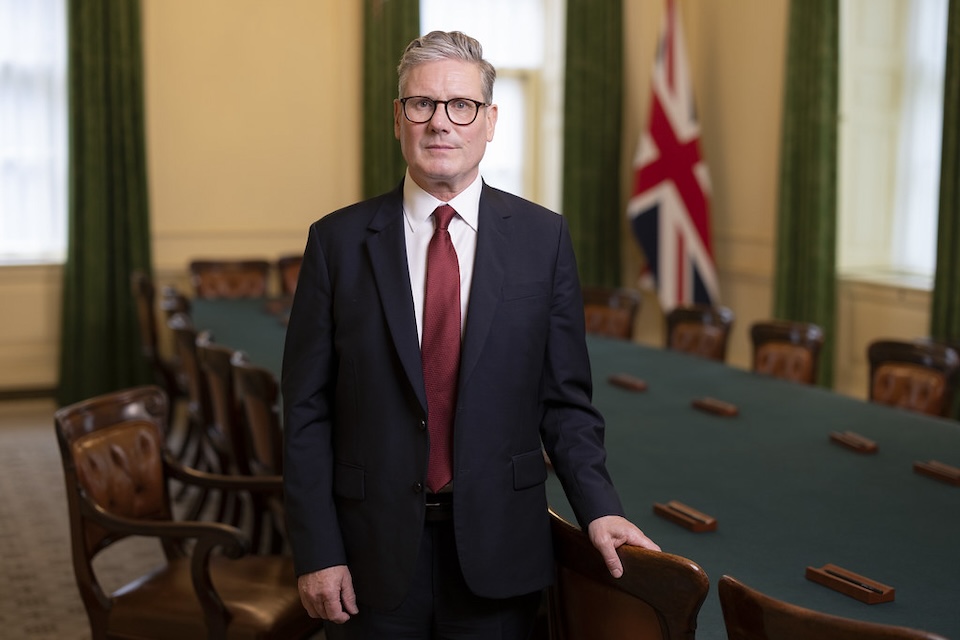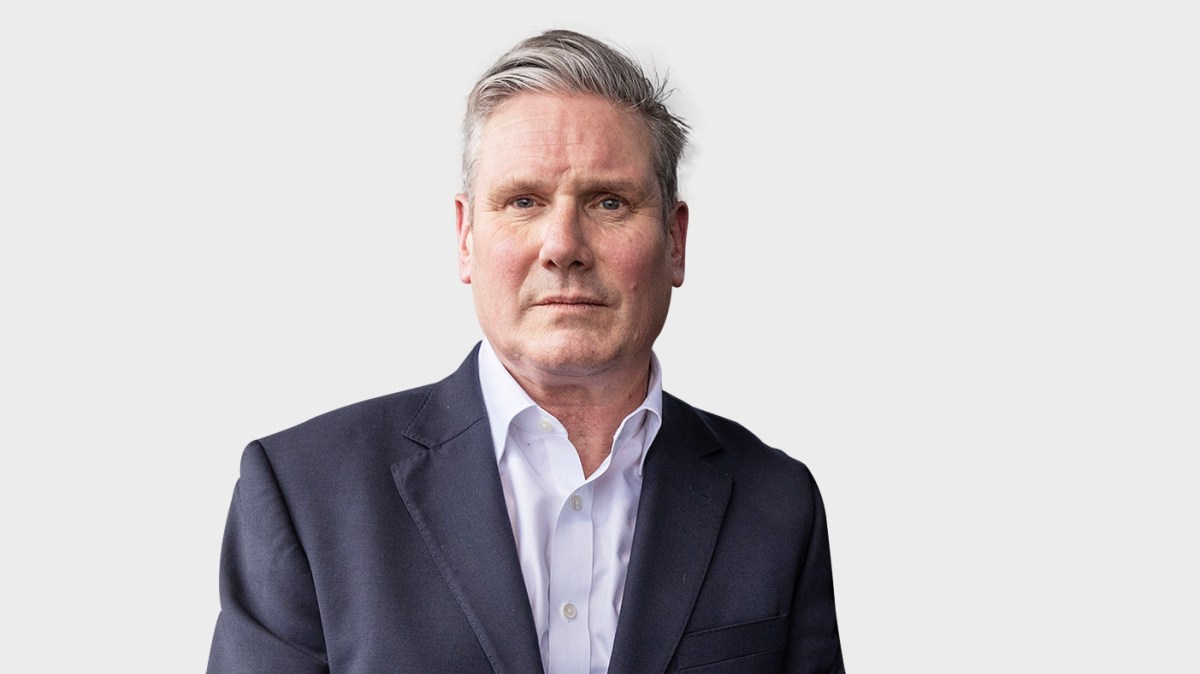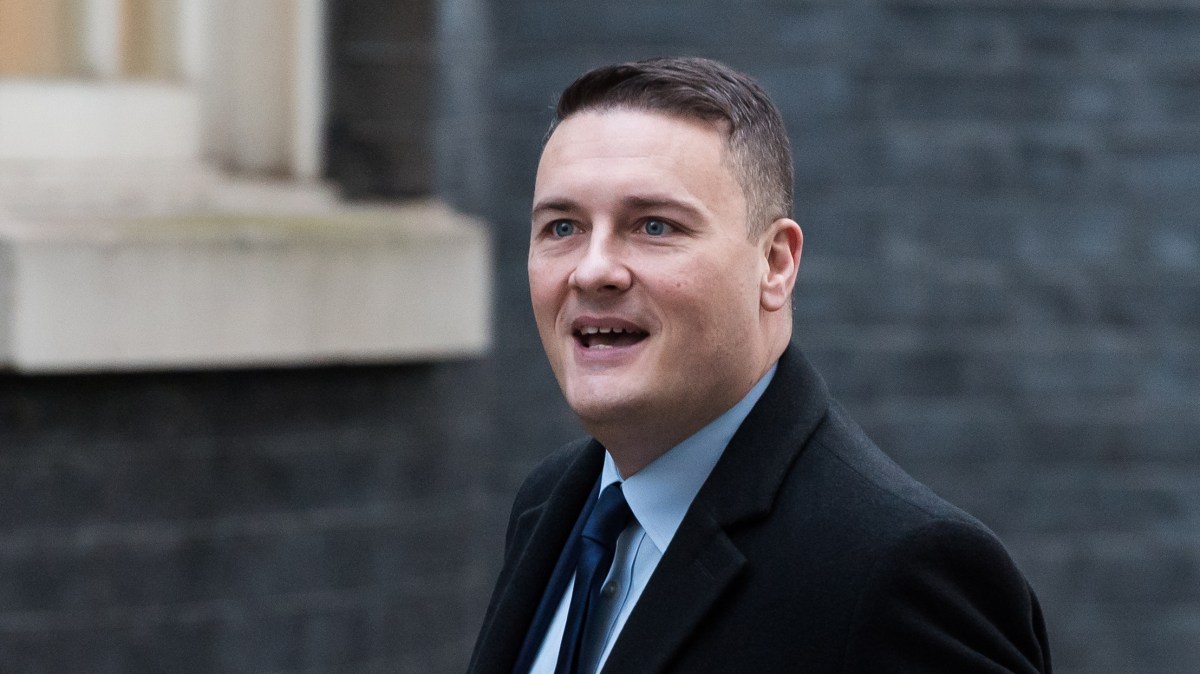Cowper’s Cut 357: Plumbing the depths of winter

Exit, pursued by a barefaced ketamine-addled tech bro
If The Ketamine Kid (nepo baby, milkfloat vendor and neo-far-right populist Elon Musk) achieved his ambition to write the stage directions of UK politics, then PM Sir Keir Starmer’s NHS reform speech this week would have ended with ‘Exit, pursued by a barefaced ketamine-addled tech bro’.
What’s driving The Ketamine Kid, apart from the achingly obvious consequence of his over-indulgence?
Insofar as rationality has much to do with it, this analysis by lawyer David Allan Green in the Financial Times of what is driving members of the tech billionaire community seems pertinent.

The PM’s speech at Epsom’s South-West London Elective Orthopaedic Centre on Monday launched the English NHS elective recovery plan - sorry - the elective reform plan!
Alongside that, we got ‘Concordat 2: This Time, It’s Permanent’ - sorry, ‘Elective recovery plan - a partnership agreement between the NHS in England and the independent sector’.

We also got this uninspiring Times comment piece from the PM, sketching out Labour’s plans to “drag care out of the hospital and into the community. Harness technology. Regear the system to improve efficiency. Cut pointless appointments that waste time and money. And give the brilliant staff the tools they need to deliver.”
The PM’s speech was a mish-mash of themes: there was your AI hype; anger at poor performance; promises of change. What it lacked was a clear argument, and as the political analyst Sam Freedman pertinently observed in his new piece ‘Labour and the challenge of coherence’, this is because Labour’s current iteration has not chosen what part of the Labour political tradition it is going to embody.
Sir Keir promised his audience “a new era of convenience in care. Faster treatment – at your fingertips. Patients in control. An NHS fit for the future. It’s not just about giving patients greater flexibility over appointments or leveraging the power of the NHS App. And we are doing to do that.
“But there’s a bigger principle here. It’s about unlocking the huge untapped potential if we organise services around patient control.
“And you see it with Martha’s Rule which was really important. It’s about a shift in the balance of power away from a passive deference to doctors and towards patients being able to get that second opinion. Play a greater role in deciding their care and treatment. And the early results of Martha’s Rule are in. Lives of some of the sickest patients in our care: transformed, extended, saved. And so it’s a rule that’s now being recognised as a potentially groundbreaking innovation.”
‘Cut’ readers don’t need me to explain that clinical opinion over the effectiveness of Martha’s Rule diverges widely. The ability (if not legal right) for an individual to request a second opinion is not something new.
Will any of this make a difference?
It’s very hard to be sure how much of a difference the PM’s speech and these plan-aspiring documents will make in practice. ‘Reforming Elective Care For Patients’ is more or less a list of good stuff that would be very nice to have. It has pitifully little detail about how all this good stuff is going to be delivered.
The documents claims that “To meet the 18-week standard and reform elective care by March 2029, we are focusing on:
- empowering patients by giving them more choice and control, and by establishing the standards they can expect to make their experience of planned NHS care as smooth, supportive and convenient as possible
- reforming delivery by working more productively, consistently – and in many cases differently – to deliver more elective care
- delivering care in the right place to make sure patients receive their care from skilled healthcare professionals in the right setting
- aligning funding, performance oversight and delivery standards, with clear responsibilities and incentives for reform, robust and regular oversight of performance, and clear expectations for how elective care will be delivered at a local level”
All of that sounds super. Yet when you actually look in the document’s various sections, you find very little detail of how NHS regulatory, system-leading or provider organisations will in practice operate differently. There are significant chunks of waffle about new job titles (the NHS is traditionally good at this), and informing and involving patients (the NHS is not traditionally good at this)
The School Of Magical Thinking
NHS England’s tradition of The ‘and then, A Miracle happens!’ School of Magical Thinking is alive and well throughout this document. About the only meaningful detail is the section which threatens that “NHS England will:
- deliver the NHS IMPACT Clinical and Operational Excellence Programme to apply proven improvement approaches for elective reform, including training for at least 8,000 clinical and operational leaders in effective elective pathway management – March 2026
- run a strong elective performance oversight programme, including through tiering which contributes to the new NHS Oversight and Assessment Framework, with greater transparency on the performance and delivery of elective care
- set expectations for outpatient activity as part of job planning within providers, to clearly describe the types and balance of activity clinicians should be undertaking, including sessions within the community”
Do we have one iota of evidence that NHS England is any good at all at doing any of these things?
I suggest quite strongly that we do not. The four ‘improvement studies’ that NHS IMPACT has published so far all basically tell the same story of local projects that have, short-term, reversed seriously deficient management capacity and processes: the two of these four that describe a timescale over which improvement was seen offer us just six months.
Overall, what has been published does not seem equal to the operational challenge of improving and sustaining the performance of the English NHS, to put it mildly. Likewise, ‘Concordat 2’ is almost impressively short of details: it scarcely runs to 900 words. Few answers on offer there.
More potential answers can be found in Rob Findlay’s latest Health Service Journal column on the latest state of the RTT recovery.
Unequal to the scale of the problem
Publishing such slight reform documents/plans might have seemed less heinously Pollyanna-ish, had it not happened in the week when the latest NHS winter crisis appeared to be peaking.
You can pick and choose among the examples.

Mr Streeting’s or his team certainly have been busy briefing the media this week: The Times’ Chris Smyth got this process story on discussions over remedying the A&E crisis. It reports that “during discussions over goals for 2025-26, health chiefs are understood to have suggested relaxing goals for A&E in the coming year. The A&E target to deal with 95 per cent of patients within four hours has not been hit for a decade but the NHS was asked to reach 78 per cent this year, a level it is unlikely to achieve.
“NHS bosses suggested dropping this intermediate goal and committing only to improving on current performance, which stood at 74 per cent heading into the winter, when the figure is expected to fall significantly. However, Streeting is understood to have dismissed this as a “total non-starter” and insisted that the 78 per cent goal be retained. It is unlikely to be increased, however.”
Unlikely to be increased: what a relief.
Dilnot gets personal

Andrew Dilnot’s evidence to the Commons Health Select Committee showed an increased political sharpness: he personalised the question of action or inaction on social care to the PM.
As The Times’ Chris Smyth reported, Dilnot made it clear to the committee hearing that the deficit over social care was one of political leadership and will, as well as being one of funding.
Dilnot’s analogy for facing catastrophic care costs was, in terms, “like standing in the middle of the road with a lorry driving towards you and the best you can hope for is you die before the lorry hits you. Well, that’s not something that you’re going to want to focus on. This is coming at almost all of us … but we don’t like looking at it.”
On the funding issue, Mr Dilnot suggested “something a bit like a hypothecated tax — there’s something about having the name of a function on a revenue stream that I think protects it and makes it easier to introduce”. Mmmmm. The Treasury are famously big fans of hypothecation.
Remarkably, the man whose 2011 report on social care reform has been roundly ignored claimed to remain confident that its time will come: “it’s so bleeding obvious that something should be done here, that in the end, in an intelligent, affluent, civilised society, we get this done …
“The critical thing here will be the prime minister. If the prime minister gets behind this, then I think something will happen”, he added, suggesting that the fact that Casey would be reporting directly to Starmer was reason to be optimistic. Again, mmmmm.
Recommended and required reading
A nurse was stabbed by a member of the public in A&E at the Royal Oldham Hospital on Saturday night, the Manchester Evening News reports.
Sussex Police are now looking into over 200 potentially preventable deaths and injuries at University Hospitals Sussex NHS FT between 2015 and 2021, BBC File On Four reports.
Ex-SOS Jeremy Hunt told the Thirlwell Public Inquiry into Lucy Letby that the Francis-mandated independent medical examiner system was delayed due to Treasury concerns about the cost and staffing implications, HSJ reported.
Professor Judith Smith’s written evidence on NHS management, leadership and regulation to the Thirlwall Public Inquiry is an important read.
The latest Bagehot column in The Economist accurately diagnoses how British politics has become a prisoner of process.
Patients at Royal Liverpool University Hospital's accident and emergency unit were facing waits of up to 50 hours, BBC News reported.
Dr Mark Porter’s Times column has a handy list of useful non-NHS healthcare apps.
“Being a reformer within the NHS can feel a bit like being a dissident in the Soviet Union”. Meh piece in the FT by Baroness Cavendish, whose silly rhetoric conceals a couple of half-decent points.
Financial Times piece on AI and medical note-taking avoids some of the worst of the usual hypebeasting.



